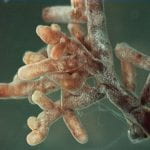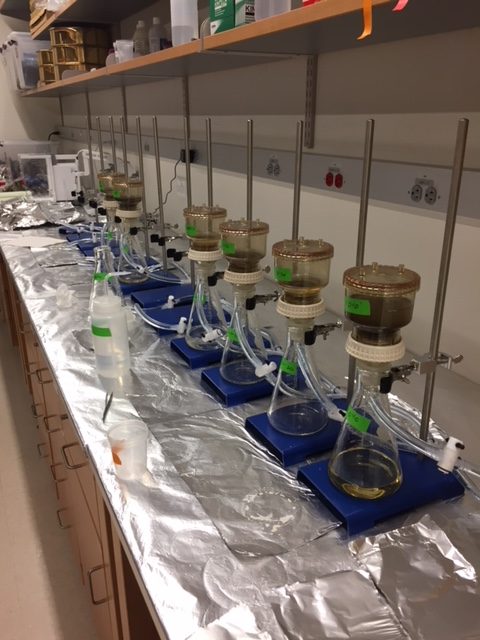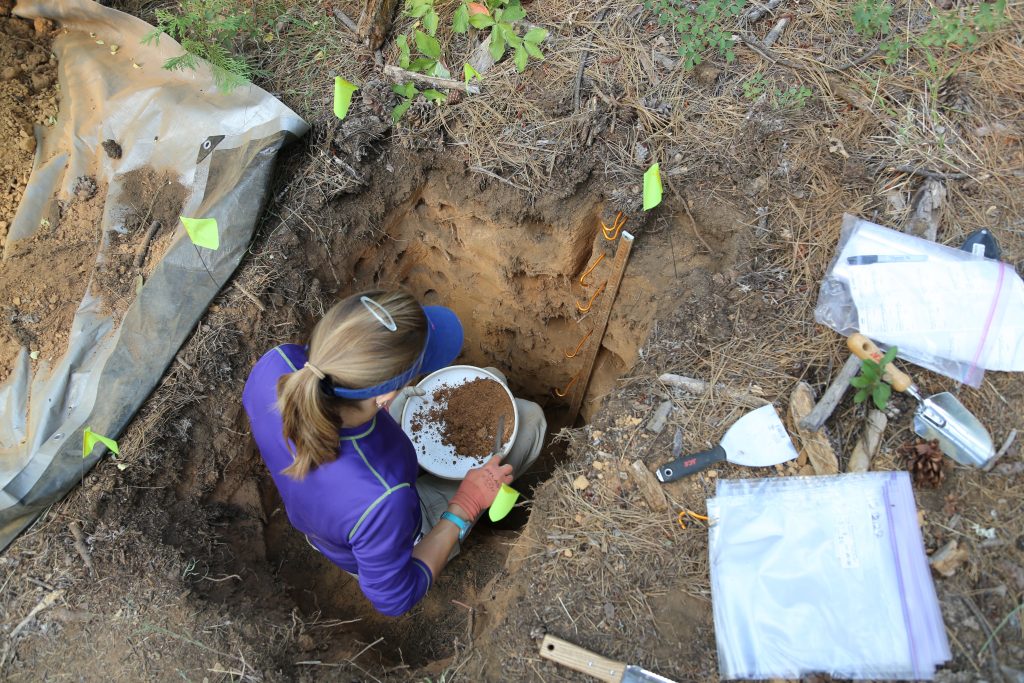The Hicks Pries Lab is seeking a postdoctoral researcher who will help establish a novel winter climate change experiment that investigates the effect of snowmelt on soil climate and biogeochemistry.
This position is part of an NSF-funded project investigating the role of a less persistent snowpack on soil climate and its implications for redox and biogeochemical fluxes, including greenhouse gas production (CO2, N2O, CH4) and the leaching of carbon, nutrients, and metals through the soil profile. This research will generate the knowledge needed to fill the unaddressed gap of how midwinter melting of snow affects soil biogeochemistry through changes to moisture, temperature, and redox and quantify how this loss of snow affects soil feedbacks to climate change.As part of a research team, the post doc will lead the design and construction of the winter climate change experiment. The post doc will lead the sampling of the experiment, data analysis, and the writing of at least two manuscripts including one introducing the experimental design and initial results of the experiment. There will be opportunities to mentor students and, if desired, participate in teaching an undergraduate class on winter ecology.
This position is through Dartmouth College where you will be part of the vibrant intellectual community of the Ecology, Evolution, Environment & Society program. The position is funded for at least 24 months with a target start date of August 1, though earlier is possible.
For additional information, please contact Caitlin Hicks Pries (caitlin.hicks.pries@dartmouth.edu).
To apply, please submit your CV and a cover letter indicating how your background might fit with our research via e-mail to Caitlin Hicks Pries (caitlin.hicks.pries@dartmouth.edu). Please include the contact information for three people who can write a letter of reference at the end of your CV. Letters will be requested for finalists. Please apply by April 12th for full consideration.
Major Duties/Responsibilities:
- Help design and lead the construction of a novel in situ snowmelt experiment
- Sample soil gases and soil water in the field
- Analyze samples in the laboratory
- Maintain data from the experiment and perform statistical analyses
- Communicate research results through group meetings and conference presentations
- Publish results in peer-reviewed journal articles
- Work closely with a team that includes a lab technician, graduate and undergraduate students
Basic Qualifications:
- Ph.D degree in ecosystem ecology, biogeochemistry, soil science, Earth science, or a related field.
- Understanding of soil biogeochemical processes including carbon and nitrogen cycling
- Experience with and desire to carry out field work
- Evidence of strong written and oral communication skills
- Ability to work independently and as part of a team
Preferred Qualifications:
- Experience setting up sensors and programming dataloggers
- Experience organizing data, running basic models, and performing statistical analyses in R or another programming language
- Experience collecting and analyzing gas measurements
- Basic knowledge of electrical wiring
- OK working in adverse weather conditions as wintertime sampling will be required
- Record of publication in the peer-reviewed literature
Dartmouth College is an Ivy League university with graduate programs in the sciences, engineering, medicine, and business. It is in Hanover, NH, about 2.5 hours northwest of Boston. Dartmouth College is an equal opportunity employer.






